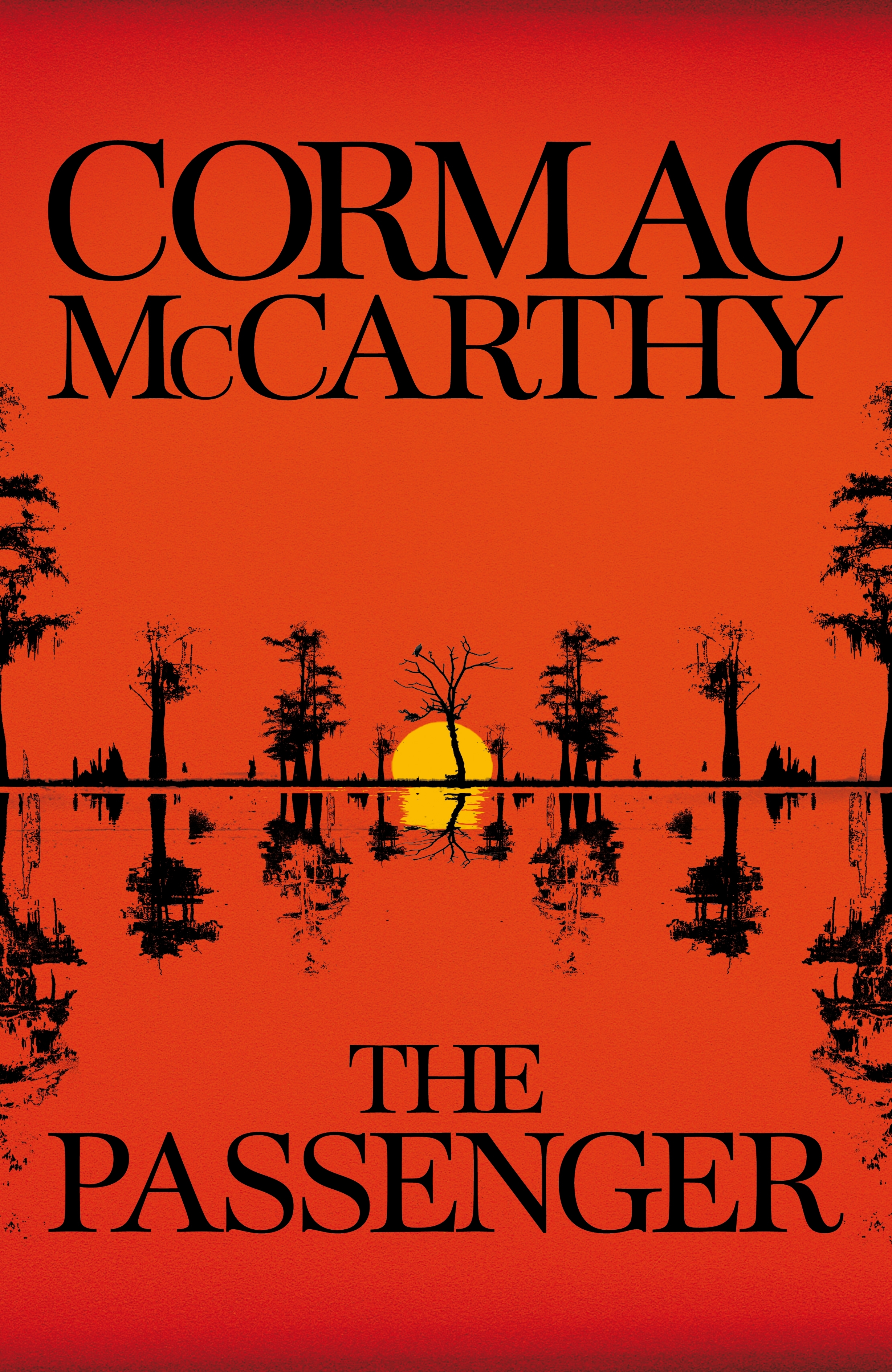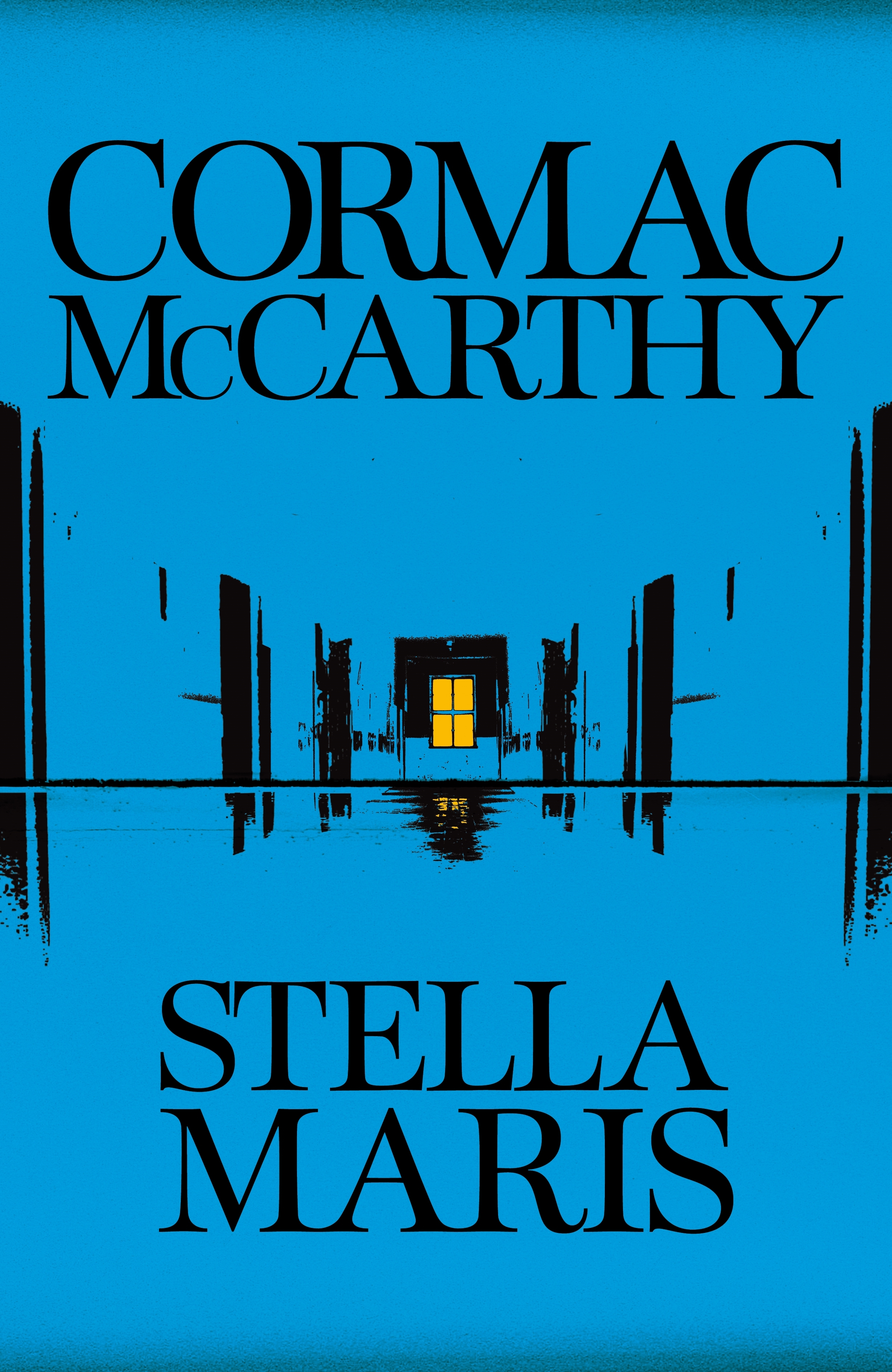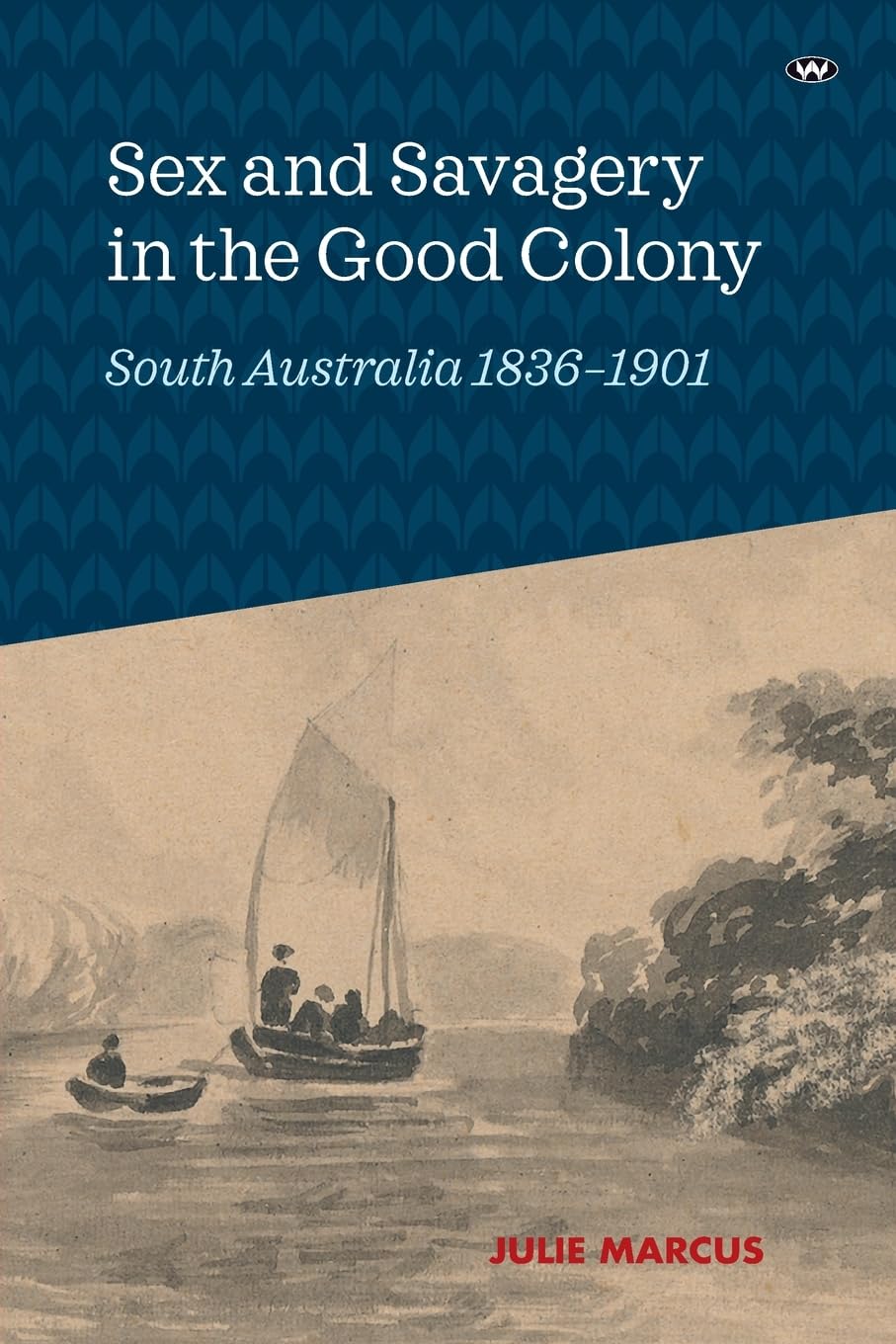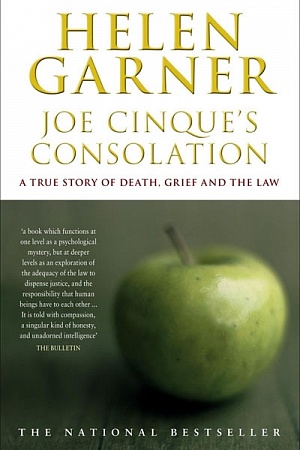The Passenger
Picador, $45 hb, 400 pp
Stella Maris
Picador, $45 hb, 208 pp
Bobby and Alicia
A hunter discovers a woman’s body in the woods on Christmas day, ‘hung among the bare gray poles of the winter trees’, a red sash tied around her dress to make her body visible in the snow. The strong implication is that she has taken her own life. The series of events that led to her decision is one of many mysteries in The Passenger, the first of two connected and long-awaited novels by Cormac McCarthy.
We then encounter the same young woman – her name is Alicia Western – in the year of her death, in conversation with a hallucinated creature called The Thalidomide Kid. The Kid is short, with a mostly hairless skull, has fins instead of hands, and talks in a frantic gibberish that is sometimes wise but often senseless. Initially an irritating presence, for Alicia and the reader, the Kid probably exists to distract her from something worse than irritation. To that end, he concocts a series of tedious entertainments featuring other similarly bizarre but wholly realistic hallucinations. In the course of this first encounter we learn that Alicia is strongly attached to her older brother, Bobby, who is in a coma and possibly brain-dead after a car racing accident in Europe.
Next we find Bobby in Pass Christian, Mississippi, a decade later, his brain intact. He is a salvage diver who is terrified of the ocean’s depths. He and his small crew discover an aircraft full of dead bodies sunk at the bottom of the sea. The plane appears undamaged and there is no obvious explanation for how it got there, but a passenger is missing. This is a conventional opening for a mystery-thriller. The Passenger initially promises to pile up dead bodies and uncover malevolent criminal and government forces, and it goes halfway in that direction before changing course and focusing on subtler mysteries, such as the precise nature of Bobby’s relationship with his sister.
The Passenger alternates between the perspectives of the two siblings. Alicia’s story is italicised and embraces various periods of her life leading up to her early death, while Bobby’s narrative takes place in the decades after her suicide. Bobby is attractive, smart, and capable, but intensely solitary, while the younger Alicia is a strikingly beautiful mathematical genius who has been diagnosed with numerous mental illnesses and has spent time in a psychiatric care facility. Both parents worked on the development of nuclear weapons, their father as a physicist. We are informed that his trade ‘was the design and fabrication of enormous bombs for the purpose of incinerating whole citiesful of innocent people as they slept in their beds’, and that he did not waste his remaining years regretting his part in the bombings of Hiroshima and Nagasaki. Their mother suffered from nervous breakdowns, and both died early from cancer.
Continue reading for only $10 per month. Subscribe and gain full access to Australian Book Review. Already a subscriber? Sign in. If you need assistance, feel free to contact us.













Comments (3)
Leave a comment
If you are an ABR subscriber, you will need to sign in to post a comment.
If you have forgotten your sign in details, or if you receive an error message when trying to submit your comment, please email your comment (and the name of the article to which it relates) to ABR Comments. We will review your comment and, subject to approval, we will post it under your name.
Please note that all comments must be approved by ABR and comply with our Terms & Conditions.